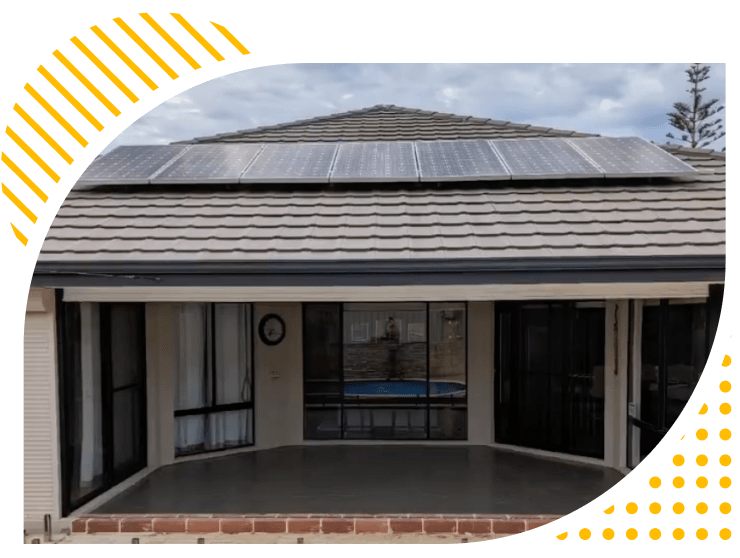
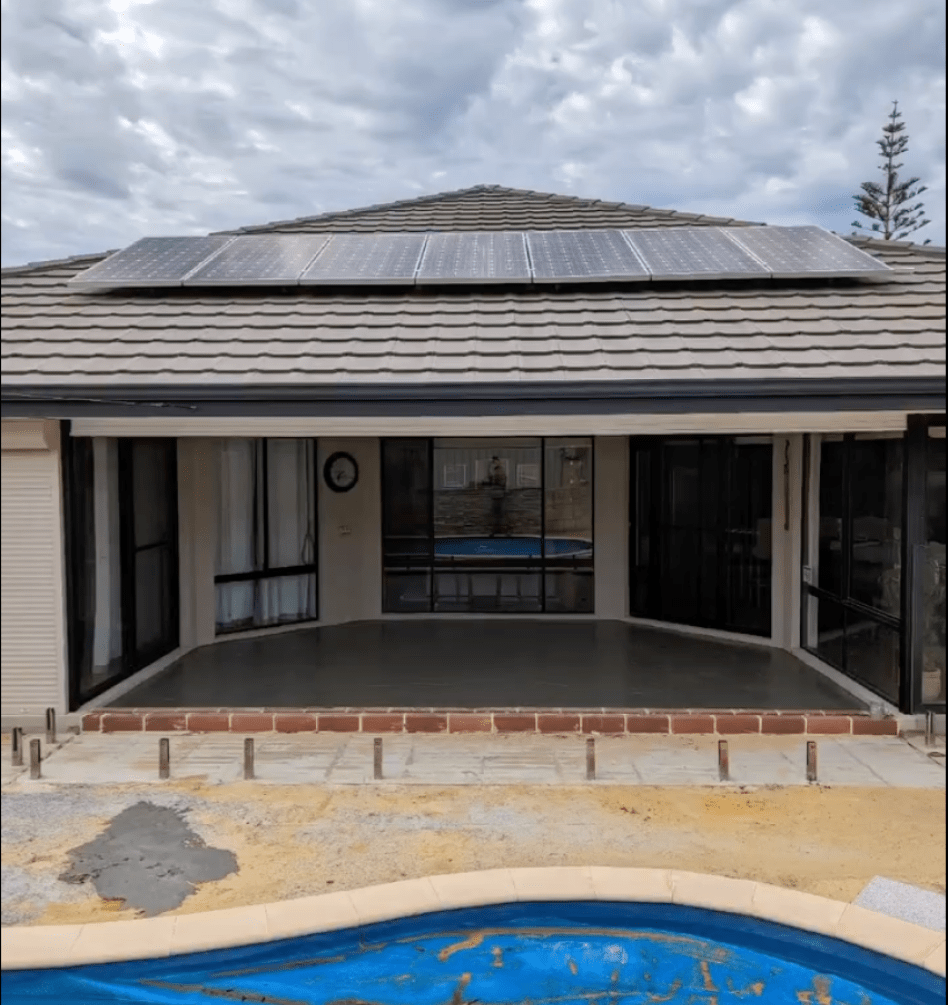
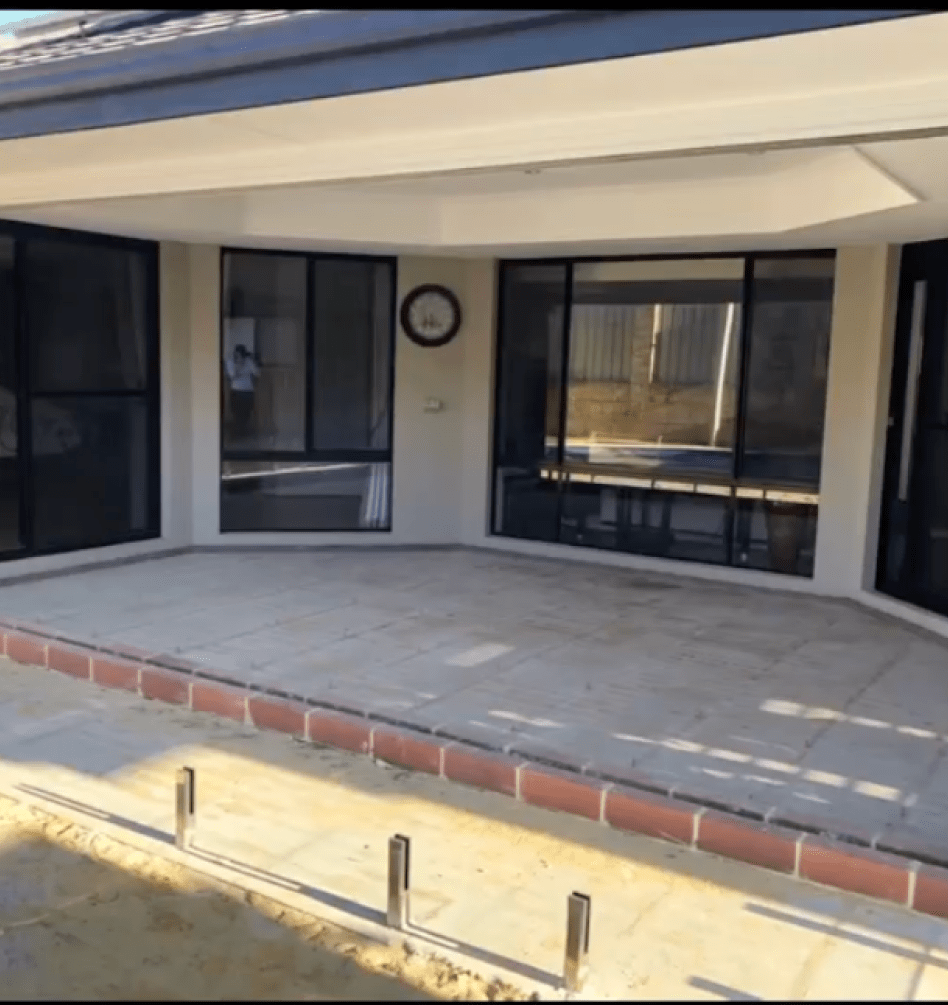
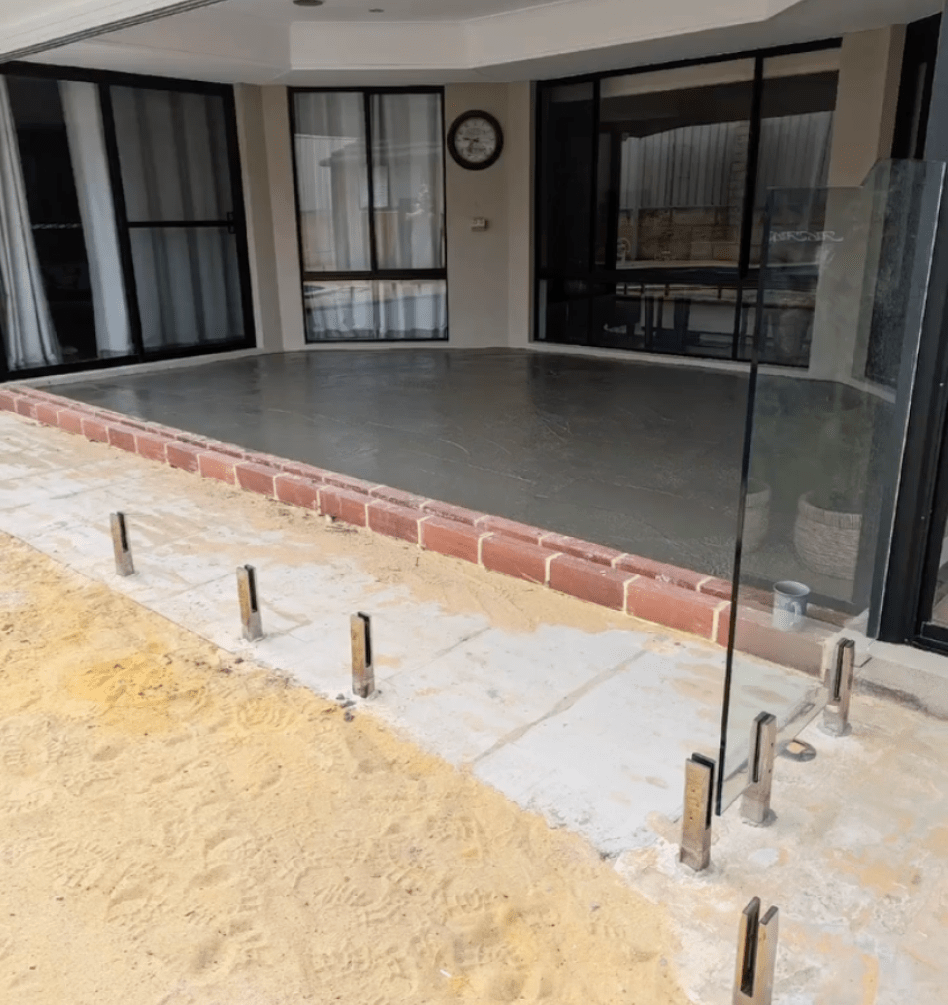
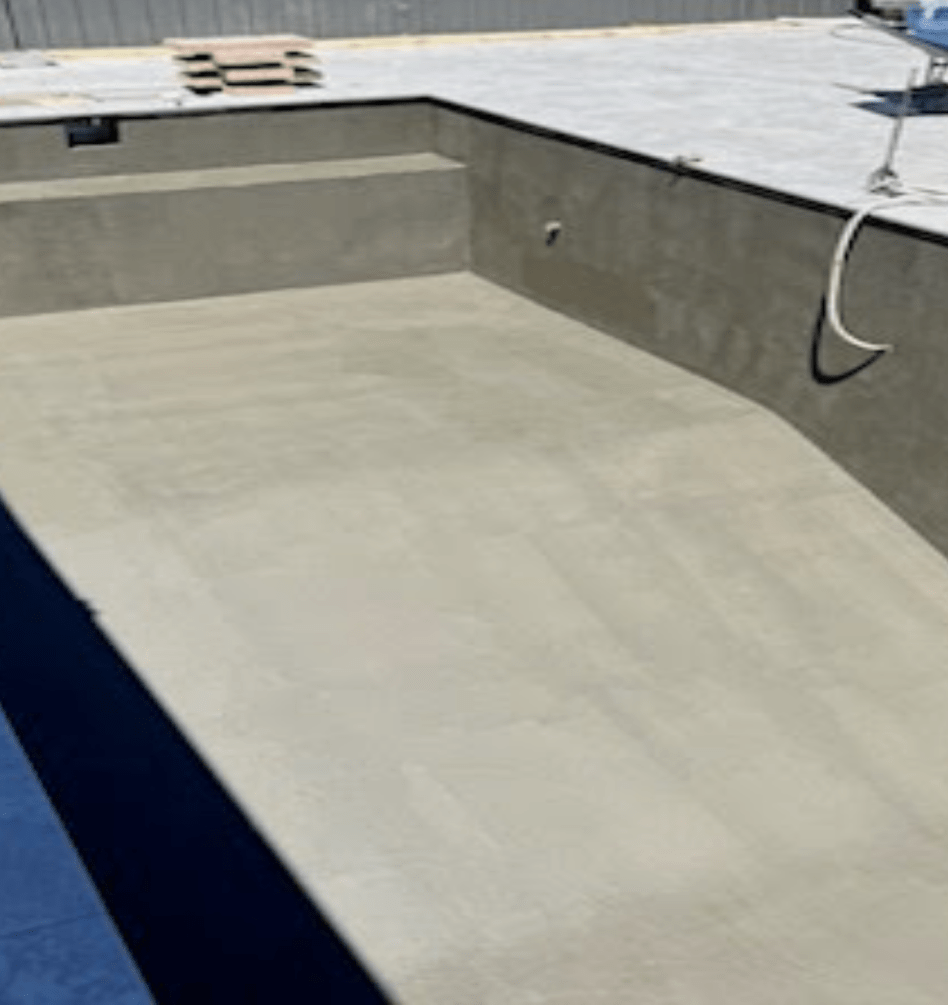
Our experienced team will thoroughly assess your subfloor (concrete, wood, etc.) to identify any potential issues like unevenness, cracks, or moisture problems.
We use high-quality waterproofing membranes and techniques to create a watertight barrier that protects your subfloor and surrounding areas from moisture damage.
We will perform any necessary repairs, leveling, or priming of the subfloor to ensure a smooth and stable surface for tile installation.
After installation, we will apply high-quality sealants to protect your tiles and grout from stains, mold, and mildew, ensuring a beautiful and easy-to-maintain surface.
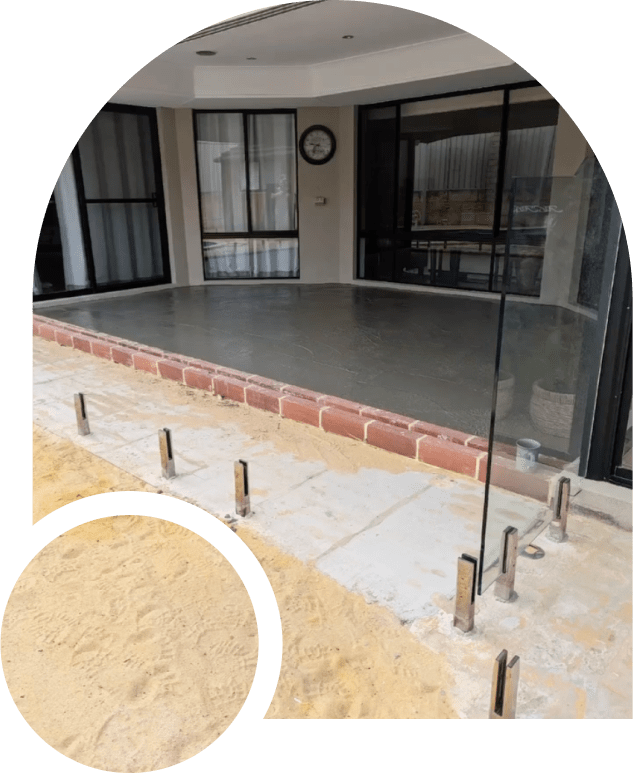
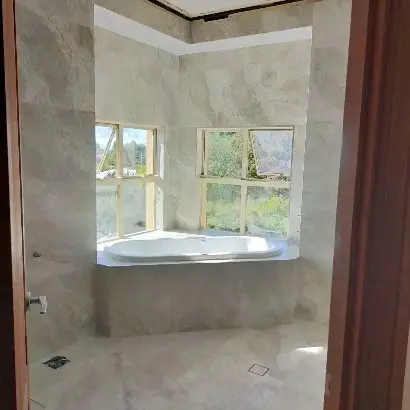
Proper preparation and waterproofing prevent future issues like leaks, mold growth, and tile cracking, ensuring your investment lasts for years to come.
Sealing your tiles and grout minimizes the risk of stains and simplifies cleaning and maintenance tasks.
A properly prepared subfloor allows for a level and seamless tile installation, maximizing the aesthetic appeal and functionality of your tiled space.
Our expert waterproofing techniques safeguard your subfloor and surrounding areas from potential moisture problems.
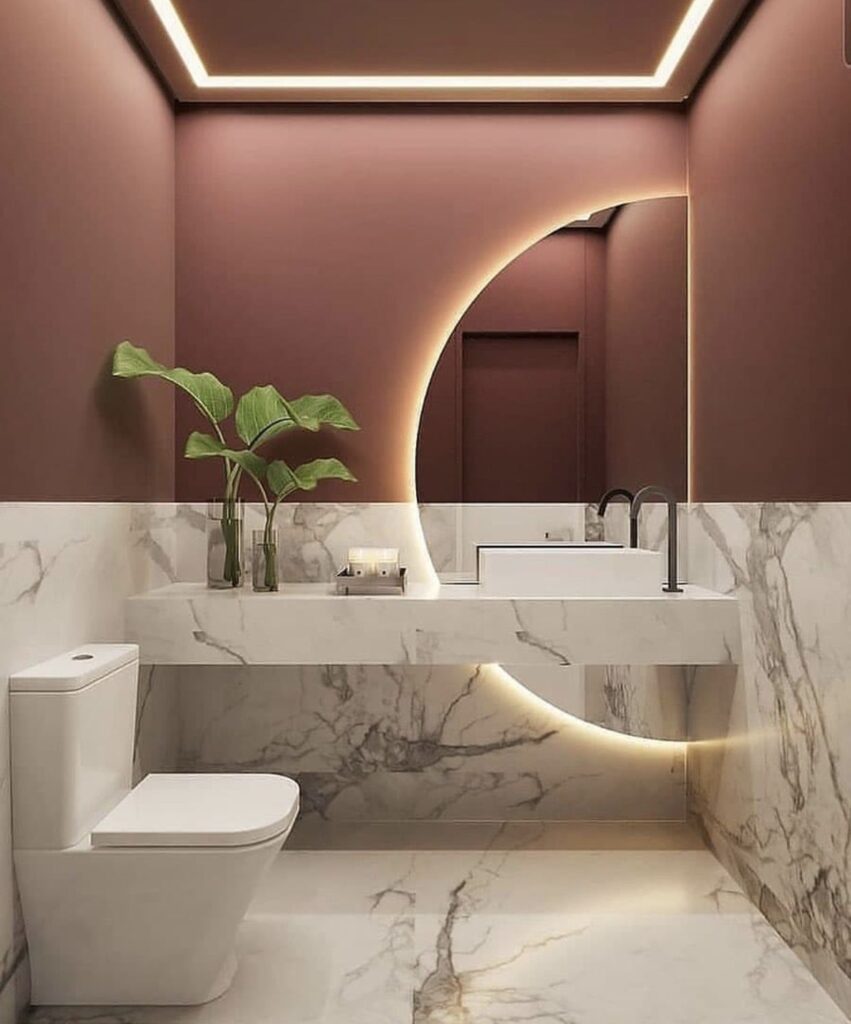

Trustindex verifies that the original source of the review is Google. Luke and Tiling Creations are incredible. Amazing from start to finish. Honest quote, hard workers and quality work. Transformed our house and we couldn’t be happier. Kat.Trustindex verifies that the original source of the review is Google. Highly recommend Luke @ tiling creations he gave us prompt responses, he listened and supported our visions! He delivered amazing craftsmanship in all 4 of our homes- which added so much value $$ to our homes with , thankyou again your tiling is prestine!Trustindex verifies that the original source of the review is Google. Quality work as all ways Luke
Subfloor preparation is crucial for the success and longevity of tiling projects because:
Stability: A properly prepared subfloor ensures a stable and level surface, preventing tiles from shifting or cracking.
Adhesion: It enhances the bond between the tiles and the subfloor, ensuring tiles stay in place over time.
Moisture Control: Proper preparation addresses moisture issues, preventing mold growth and water damage.
Smooth Surface: It eliminates imperfections that can affect the tile layout and appearance.
Durability: A well-prepared subfloor extends the lifespan of your tiling project by providing a solid foundation.
There are several types of waterproofing membranes commonly used in tiling projects:
Sheet Membranes: Prefabricated sheets that are applied to surfaces, providing a durable and consistent waterproof layer.
Liquid Membranes: Applied with a brush or roller, these form a seamless, flexible waterproof barrier when cured.
Cementitious Membranes: A blend of cement and waterproofing agents, these are applied like a slurry and offer excellent bonding properties.
Foam Backer Boards: Lightweight boards coated with a waterproof layer, ideal for use in wet areas.
Self-Adhesive Membranes: Peel-and-stick membranes that are easy to apply and provide immediate waterproofing.
Proper sealing offers several benefits for tiled surfaces:
Stain Resistance: Sealing helps prevent stains from penetrating porous tiles and grout.
Moisture Protection: It provides a barrier against water infiltration, reducing the risk of mold and mildew.
Easier Cleaning: Sealed surfaces are easier to clean and maintain, as dirt and grime are less likely to adhere.
Enhanced Appearance: Sealing can enhance the color and finish of natural stone tiles, giving them a polished look.
Longevity: It extends the lifespan of your tiles and grout by protecting them from wear and tear.
Signs of improper waterproofing in a tiled space include:
Water Stains: Visible stains on walls, ceilings, or floors adjacent to tiled areas.
Mold and Mildew: Growth of mold and mildew in grout lines or on tile surfaces.
Loose Tiles: Tiles that are coming loose or lifting from the subfloor.
Cracked Grout: Cracks in the grout lines, indicating movement or moisture penetration.
Damp Odors: Persistent musty smells, indicating the presence of moisture.
Efflorescence: White, powdery deposits on tiles or grout, caused by water seeping through and leaving mineral deposits.
Yes, we offer preparation services for various subfloor types, including:
Concrete Subfloors: Cleaning, leveling, and applying primers or moisture barriers as needed.
Wood Subfloors: Reinforcing, leveling, and adding underlayment to provide a stable surface.
Existing Tile Subfloors: Assessing and preparing existing tile surfaces for new tile installation.
Heated Subfloors: Ensuring proper installation of heating elements and preparing the surface for tiling. Our experienced team will ensure that the subfloor is properly prepared to meet the specific requirements of your tiling project, providing a solid foundation for a long-lasting installation.